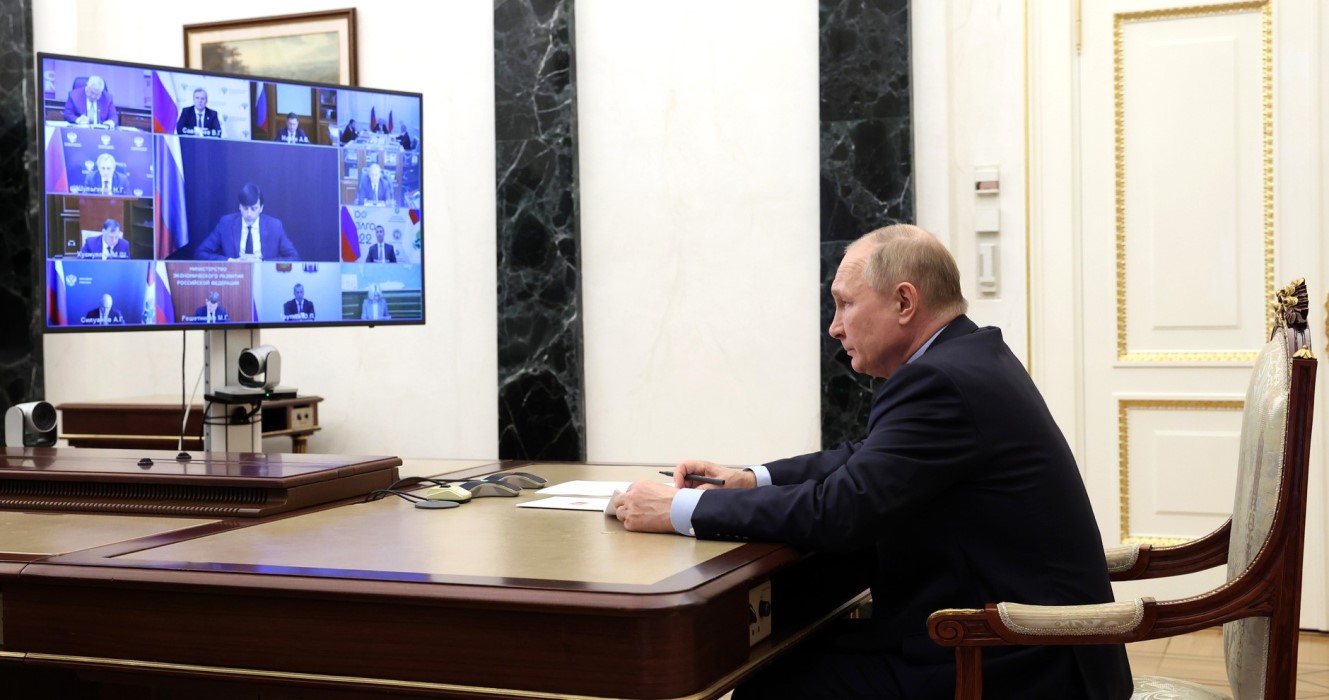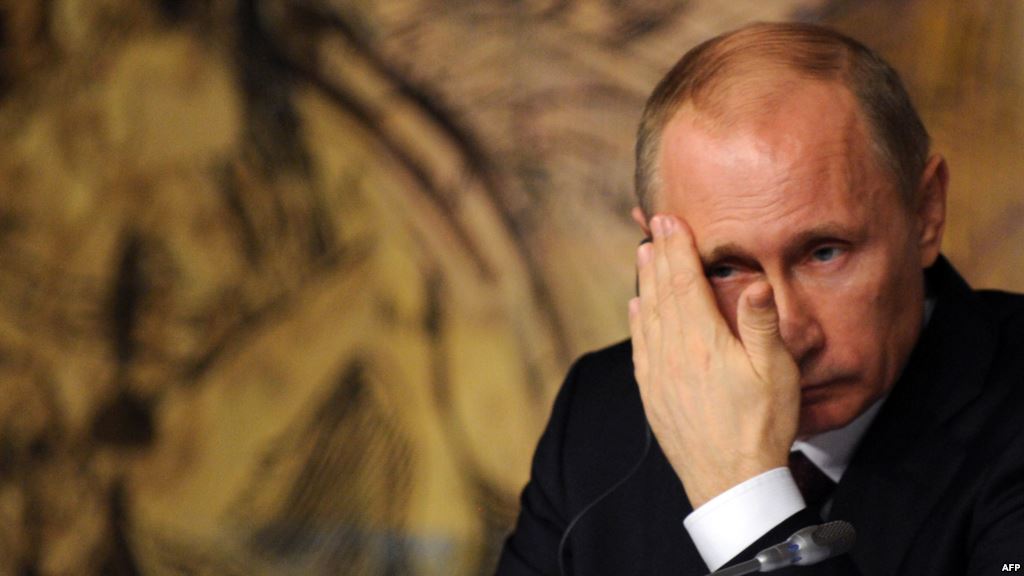Kyiv – Maidan united Ukrainians who speak different languages and believe in various religions. There were several representatives of the Jewish community among the heroes of the Heavenly Hundred. And the fighters of the Jewish Hundred that was formed at the time continue to defend Ukraine from separatists and mercenaries in Donbas as part of the Armed Forces and volunteer battalions. Many Ukrainian Jews are sincerely confused by the question whether this can be considered a ceasefire between the two nations, but experts say that it is possibly a good start.
Even an end to sanctions wouldn’t prevent humanitarian disaster in Russia, Borovoy says
Even if Vladimir Putin succeeded by some miracle in his current effort to get Western sanctions on his…





